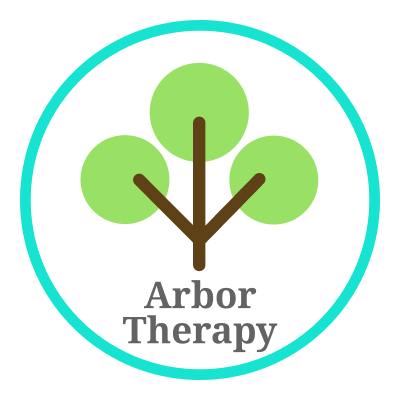Back-to-School Readiness: Supporting Children with Disabilities for Success
As summer winds down and the school year approaches, families everywhere are preparing for the transition back to school. For parents of children with disabilities, this time can bring unique challenges and considerations. At Arbor Therapy, we understand the importance of ensuring every child has the tools and support they need to thrive academically and socially. Here are some tips and strategies to help prepare your child with disabilities for a successful school year:
1. Communication Preparation
Communication is key to a successful school experience. If your child receives speech therapy, now is a great time to review and practice communication strategies. Work with your speech therapist to create communication goals tailored to school settings. Practice speaking clearly, using assistive devices if needed, and advocating for their needs.
2. Social Skills Development
Social skills are crucial for building friendships and navigating social situations at school. Role-play common scenarios with your child to practice greetings, turn-taking, and conflict resolution. Consider arranging playdates or social outings with peers to build confidence and familiarity in social interactions.
3. Individualized Education Plan (IEP) Review
Review your child’s IEP or 504 plan with their educational team to ensure it reflects their current needs and goals. Discuss any changes or adjustments that may be necessary for the upcoming school year. Advocate for accommodations that support your child’s learning style and abilities.
4. Sensory Support
For children with sensory processing challenges, the school environment can be overwhelming. Create a sensory toolkit with items like noise-canceling headphones, fidget toys, or calming sensory tools. Share strategies with teachers and staff to create a sensory-friendly classroom environment that promotes focus and comfort.
5. Transition Preparation
Smooth transitions are essential for children with disabilities. Visit the school before the first day to familiarize your child with the layout, classrooms, and routines. Meet with teachers, therapists, and support staff to introduce your child and discuss their needs. Practice morning routines and transportation arrangements to reduce anxiety on the first day.
6. Collaborate with School Staff
Build a collaborative relationship with your child’s teachers and support staff. Share insights about your child’s strengths, challenges, and preferred learning styles. Keep lines of communication open throughout the school year to address any concerns or celebrate achievements together.
7. Self-Care and Emotional Support
Preparing for school can be stressful for both children and parents. Practice self-care strategies to manage stress and prioritize your well-being. Seek support from other parents, support groups, or community resources to share experiences and learn from each other.
At Arbor Therapy, we are committed to supporting children with disabilities and their families every step of the way. By proactively preparing for the school year and collaborating with educators, therapists, and support networks, we can create a positive and empowering educational experience for all children.

